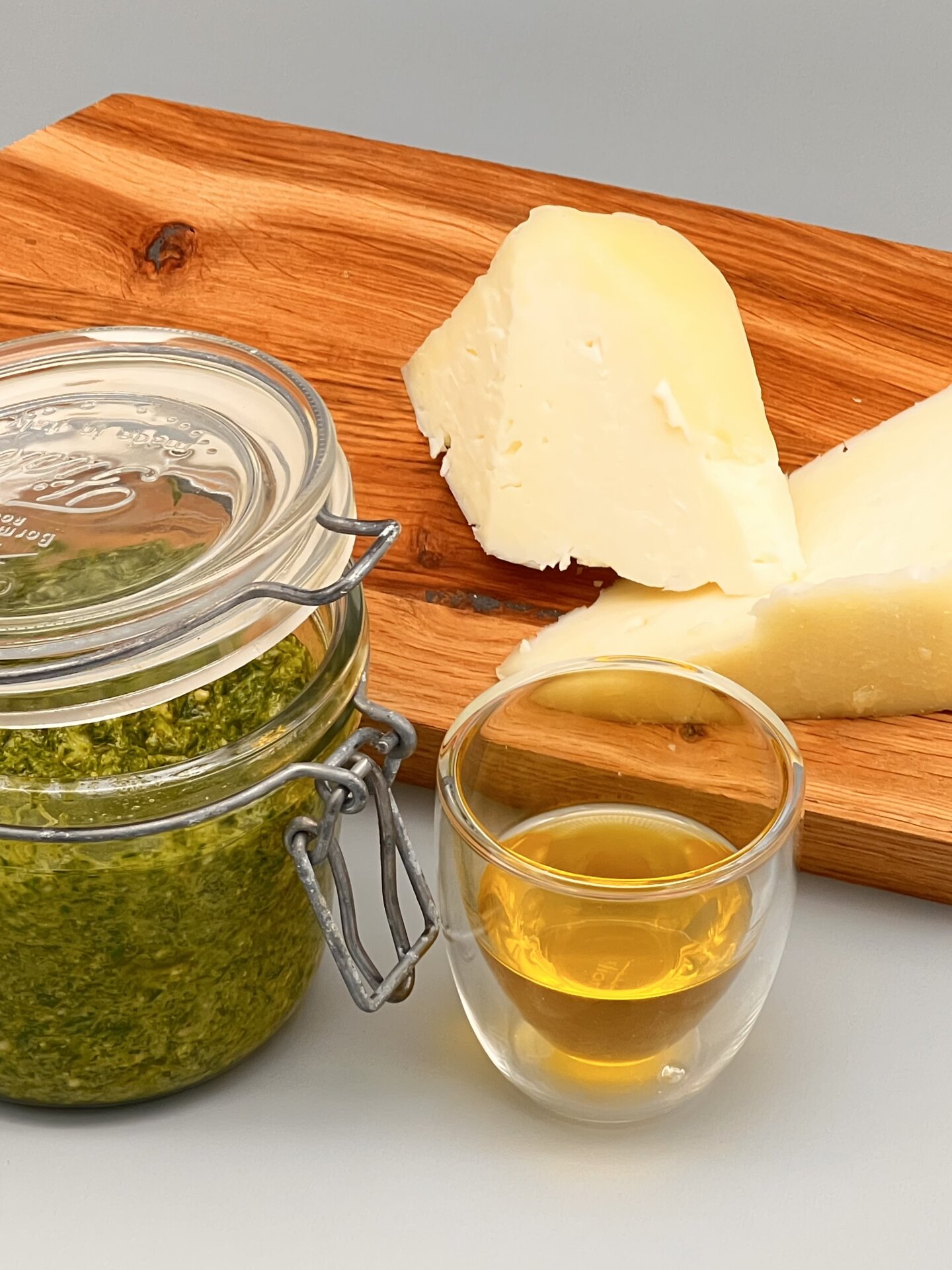What Really Helps with Heartburn and Acid Reflux
When your stomach fights back
Heartburn is one of the most common digestive complaints in Western countries. According to recent studies, between 10 and 20 percent of the European population regularly experience GERD symptoms (gastroesophageal reflux disease). Alarmingly, the number of people affected continues to rise. While medication may relieve symptoms temporarily, targeted lifestyle changes have proven to be more effective in the long term – especially with the help of natural remedies for acid reflux like an acid reflux diet, gut support, and stress reduction.
When Symptoms Become a Problem
Recognizing Acid Reflux
Occasional heartburn after a heavy meal is usually harmless. But if you regularly experience a burning sensation behind the breastbone, acidic regurgitation, or pressure in the upper abdomen, these may be signs of chronic acid reflux. Left untreated, this can lead to long-term damage of the esophageal lining – including inflammation (reflux esophagitis) and, in severe cases, cellular changes that increase the risk of esophageal cancer.
Understanding the Causes of Reflux
The causes of heartburn are varied. In addition to anatomical factors like a weakened lower esophageal sphincter, diet, stress, and excess weight play a major role.
A Lifestyle Disease
Why Prevalence Varies Worldwide
International studies show major differences in how common acid reflux is. For instance, rates are much higher in Greece than in China – largely due to dietary habits:
-
China: Traditional meals are light, low-fat, steamed or boiled. Dinner is typically early, and green tea (which has anti-inflammatory effects) is often consumed.
-
Greece: While the Mediterranean diet is generally healthy, fried foods, fatty cheeses, coffee, alcohol, and late, heavy dinners all increase the risk of reflux.
The Role of Body Weight
Weight also plays a key role: Higher obesity rates in Greece contribute to increased abdominal pressure, which promotes the backflow of stomach acid.
A Holistic Approach
Heartburn Relief Without Medication
Many patients (and doctors) rely on proton pump inhibitors (PPIs) to relieve heartburn by reducing stomach acid production. However, these medications don’t stop reflux – they only mask symptoms. Long-term use can lead to side effects such as poor nutrient absorption or increased risk of gastrointestinal infections.
“A more sustainable alternative is a holistic treatment approach that focuses on diet, eating behavior, and stress management – and above all, addresses the root causes,” says Dr. Richard Kogelnig, Deputy Medical Director at Park Igls. “Our De-Stress Program is an excellent recommendation for anyone dealing with reflux.”
What Really Helps
Natural Remedies for Acid Reflux
Chewing slowly and eating less can reduce acid production and ease digestion.
Fatty, spicy, highly processed meals, coffee, alcohol, and citrus should be minimized.
Vegetables, potatoes, oats, and lean proteins are easy to digest and gentle on the stomach.
Especially light movement after meals can improve digestion.
Mental stress often increases acid production. Meditation, breathing exercises, or yoga can be helpful.
Effective & Holistic
The Modern Mayr Medicine Approach
"Our decades of experience show that Modern Mayr Medicine is a particularly effective method for treating reflux. By combining intestinal cleansing, digestive support, personalized nutrition, and manual abdominal treatments, digestion is significantly relieved. Many patients report substantial improvement after completing a Mayr cure,” says Dr Kogelnig.
Alkaline foods that are easy to digest, slow and mindful eating, specialized Mayr abdominal treatments to relieve abdominal pressure, and targeted stress-reduction methods all contribute to long-lasting heartburn relief.
Acid reflux is often underestimated – but it can have serious consequences. The good news: with lasting lifestyle changes, it can be overcome.
Avoid these foods that cause heartburn
Foods to Avoid and Embrace for Heartburn Relief
Avoid these foods that cause heartburn:
-
High-fat meals (burgers, fries, fried foods)
-
Spicy dishes and strong seasonings
-
Sugary drinks, sodas, soft drinks
-
Alcohol, coffee
-
Citrus fruits, acidic dressings
-
Roasted foods, garlic
-
Carbonated beverages
Best foods for an acid reflux diet:
-
Warm oat porridge – perfect for a gentle start to the day
-
Potatoes and vegetables like zucchini or carrots
-
Lean protein such as fish and chicken
-
Plenty of still water or calming herbal teas
5 Questions for Dr Richard Kogelnig
“Modern Mayr Medicine focuses on relieving the digestive system through gentle nutrition, mindful eating habits, and the regeneration of gut health. Especially in cases of reflux—often triggered by unhealthy diets and stress—this holistic approach helps address the root causes rather than just suppressing the symptoms.”
“Many patients report noticeable relief after just a few days. Lasting improvements typically occur after two to three weeks of structured Mayr therapy. What truly makes the difference, however, is continuing to apply the learned principles in everyday life.”
“Manual abdominal treatment is one of the central techniques in Modern Mayr Medicine. Gentle massage of the abdominal area stimulates digestion, relieves tension in the gastrointestinal tract, and improves circulation. This helps activate the body's self-healing powers and reduces pressure on the stomach – which in turn has a positive effect on acid reflux.”
“Yes, we differentiate between acid-forming and alkaline foods. Fatty, heavily spiced, or highly processed foods, along with coffee, alcohol, and sugar, stimulate acid production and should be reduced. On the other hand, vegetables, potatoes, oats, and herbal teas have a calming effect on the stomach. But just as important as what you eat is how and when you eat it.”
“The golden rules of Modern Mayr Medicine are: First, eat mindfully, slowly, and chew thoroughly. Second, keep your evening meal light—and not too late. Third, reduce stress through regular physical activity, meditation, or breathing techniques. People often underestimate this: stress is one of the biggest triggers for digestive problems!”







